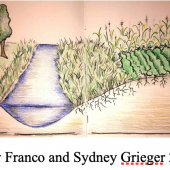
Abstract: This study examined how placemaking curricula shaped teacher candidate (candidate) knowledge, dispositions, and skills to understand, appreciate, and sustain local diversity, as evidenced through candidate reflections and products created in an elementary teacher education course integrating civic science concepts and practices into elementary classrooms. This study explored how placemaking curricula engaged community stakeholders in meaningful shared inquiry on real-world challenges, while meeting state science education standards. Placemaking inquiry projects developed by candidates focused on soil and water conservation, and sustaining diversity in schoolyard spaces. Curricula engaged candidates in learning soil and water conservation techniques from local farmers and conservation leaders, then developing and sharing co-authored civic science children’s books on conservation topics aligned to grade-level standards. As further placemaking curricula, candidates partnered with elementary teachers and students to guide schoolyard observations, designs, and models constructed to sustain diverse abilities, cultures, and ecologies. Presentations to parents and peers celebrated shared insights.
Continue Reading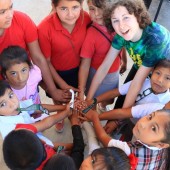
Imagine a world where people hold the highest standards for collaboration, understanding, and mutual respect. Imagine a world where people are engaged and hold a deep commitment to creating genuine, just, and mutually-empowering beneficial relationships. Imagine a world where people have the ability to connect across cultures, appreciate, and deeply listen to different perspectives, understand complex systems – and how we all fit into them – and together co-create solutions to the most daunting of global challenges. Imagine a community of people bringing forward energy and a sense of possibility, and stepping up to create the world we want to live in.
Continue Reading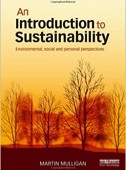
Abstract: Martin Mulligan’s An Introduction to Sustainability: Environmental, social and personal perspectives reviews the history of sustainability science, placing emphasis on the social-ecological model. This model introduces the importance of personal values and choices. He discusses topics around four themes: limits to growth, diversity, community and resilience. It is well-written, informative and novel.
Mulligan, M. (2014). An Introduction to Sustainability: Environmental, Social and Personal Perspectives. New York: Routledge. ISBN-13: 978-0415706445
Continue Reading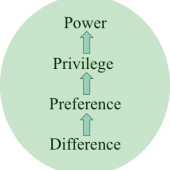
This paper explores the intrinsic but often weakly developed links between sustainability and issues of diversity, power, and privilege. It offers a systems-oriented conceptual framework for exploring and understanding how issues of diversity, power and privilege operate in social-ecological systems. This framework can be used as a learning tool with a wide array of audiences (higher education, organizational development, adult learners) and educational contexts (including but not limited to sustainability education programming).
Continue Reading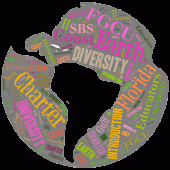
This article describes a collaborative online project that focused on the Earth Charter, particularly on its principles related to diversity. The project was conducted in two online courses of three sections in two colleges at Florida Gulf Coast University (FGCU): the College of Arts and Sciences and the College of Education. One section of twenty-three students in a Composition II course and fifty-four students in two sections of an Introduction to Diversity for Educators course collaborated in mixed teams on a four-stage problem solving project that exposed the participants to a larger community of learners and reinforced shared responsibility for the present and future welfare of the human family and the global community.
Continue Reading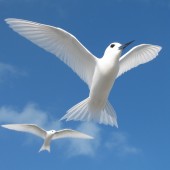
Kathy Lamborn shares her profound wilderness moments with us, much like she does with her middle school students in the classroom. But she goes on to make the case that the value of wilderness is not just for its own sake but for its power to elicit these moments and thereby bring us “to our knees with reverence,” helping us to recognize the call for a just and compassionate—“sustainable”—life.